Description
“Thomas Hill Green: A Biography of His Vision and Ideas” by Subrata Mukherjee and Sushila Ramaswamy is a comprehensive exploration of the life, vision, and intellectual contributions of Thomas Hill Green, a prominent British philosopher and political theorist of the 19th century. This biography offers readers a deep insight into Green’s philosophical journey, his influential ideas on ethics, politics, and social reform, and his lasting impact on the development of liberal thought. Mukherjee and Ramaswamy skillfully delve into the personal and intellectual aspects of Green’s life, providing a well-rounded portrait of this significant thinker. Through meticulous research and engaging prose, the authors bring Green’s ideas to life, making this biography an invaluable resource for scholars, students, and anyone interested in the evolution of political thought.
In this meticulously researched biography, Mukherjee and Ramaswamy embark on a journey to unravel the life and ideas of Thomas Hill Green. They begin by tracing Green’s early life and education, highlighting the formative experiences and influences that shaped his intellectual trajectory. The authors delve into Green’s philosophical development, exploring his engagement with idealism, ethical theory, and the relationship between the individual and the state. They also examine Green’s views on social reform and his contributions to the ethical and political debates of his time.
The biography pays particular attention to Green’s notion of positive freedom, which emphasized the importance of individuals’ ability to realize their full potential through active participation in a just society. Mukherjee and Ramaswamy analyze Green’s vision of a welfare state, where the government plays a crucial role in fostering the conditions for individuals’ self-realization and overall societal progress. They discuss Green’s critique of laissez-faire liberalism and his call for a more interventionist state that addresses social inequalities.
Moreover, the authors shed light on Green’s engagement with political activism, highlighting his involvement in the Oxford Movement and his tenure as a university professor. They also explore Green’s relationships with other notable thinkers of the time, such as T.H. Green, Bernard Bosanquet, and John Stuart Mill, providing a broader context for his ideas and their reception.
Mukherjee and Ramaswamy’s biography of Thomas Hill Green is a commendable scholarly work that offers a comprehensive analysis of Green’s philosophical vision and ideas. The authors meticulously trace the development of Green’s thought, presenting a nuanced understanding of his theories on ethics, politics, and social reform. Their analysis showcases the relevance of Green’s ideas in contemporary political and philosophical discourse.
One of the notable strengths of this biography is its contextualization of Green’s ideas within the intellectual and socio-political milieu of the 19th century. Mukherjee and Ramaswamy provide a rich historical backdrop, illuminating the key debates and influences that shaped Green’s thinking. This contextualization enhances the reader’s understanding of Green’s ideas and their significance in challenging prevailing orthodoxies of his time.
The authors’ research is extensive, drawing upon a wide range of primary sources and scholarly works. They meticulously examine Green’s original texts, letters, and personal correspondences, enabling readers to gain a more intimate understanding of the philosopher’s motivations and intellectual development. Mukherjee and Ramaswamy’s scholarly rigor and attention to detail make this biography a valuable resource for academics and researchers in the field of political philosophy.
When comparing this biography to other works on Thomas Hill Green, Mukherjee and Ramaswamy’s book stands out for its comprehensive and balanced approach. While some previous studies tend to focus solely on Green’s philosophical ideas, this biography delves into his personal life, providing a more holistic understanding of the man behind the ideas. The authors successfully bridge the gap between intellectual biography and personal narrative, painting a vivid portrait of Green as a thinker and an individual.
Throughout the biography, Mukherjee and Ramaswamy highlight several overarching themes that are central to Green’s philosophy. One such theme is the notion of positive freedom, which permeates Green’s work and underpins his ideas on political and social reform. The authors elucidate Green’s belief that individuals can only achieve genuine freedom by actively participating in the shaping of their own lives and the development of a just society.
Another significant theme explored in the biography is Green’s critique of individualism and his call for a more communitarian approach to social and political life. Green argued that true freedom is not merely the absence of external constraints but also the ability to fulfill one’s potential within a supportive community. Mukherjee and Ramaswamy trace the evolution of Green’s communitarian thought, highlighting its influence on subsequent thinkers and its resonance in contemporary debates on liberalism and collectivism.
“Thomas Hill Green: A Biography of His Vision and Ideas” presents a detailed portrayal of Thomas Hill Green, capturing both his intellectual brilliance and his personal struggles. Mukherjee and Ramaswamy explore Green’s relationships with family, friends, and colleagues, shedding light on the complexities of his character. The biography provides a nuanced understanding of Green as a passionate thinker, a committed social reformer, and a flawed human being.
About the Authors:
Subrata Mukherjee and Sushila Ramaswamy are renowned scholars in the field of political philosophy and intellectual history. Mukherjee has authored several books on political thought, while Ramaswamy specializes in the study of 19th-century British thinkers. Their combined expertise brings depth and insight to this biography, showcasing their scholarly prowess and dedication to presenting a comprehensive account of Green’s life and ideas.
Mukherjee and Ramaswamy’s writing style is engaging and accessible, making this biography suitable for both academic readers and general enthusiasts of political philosophy. They strike a balance between scholarly rigor and readability, presenting complex ideas in a clear and concise manner. The authors’ prose flows smoothly, allowing readers to immerse themselves in Green’s story and ideas without feeling overwhelmed by technical jargon.
What People Say About This Book:
“Thomas Hill Green: A Biography of His Vision and Ideas” has garnered widespread acclaim from both scholars and reviewers. Critics have praised Mukherjee and Ramaswamy for their meticulous research, insightful analysis, and nuanced portrayal of Green’s life and intellectual contributions. Many have lauded the biography for its contribution to the understanding of Green’s philosophy and its relevance to contemporary debates on liberalism, social reform, and individual freedom.
One of the notable strengths of this biography is its comprehensive approach, providing readers with a well-rounded understanding of Green’s life and ideas. The authors’ meticulous research, engaging writing style, and contextualization of Green’s thought make this biography a valuable resource for scholars and students alike.


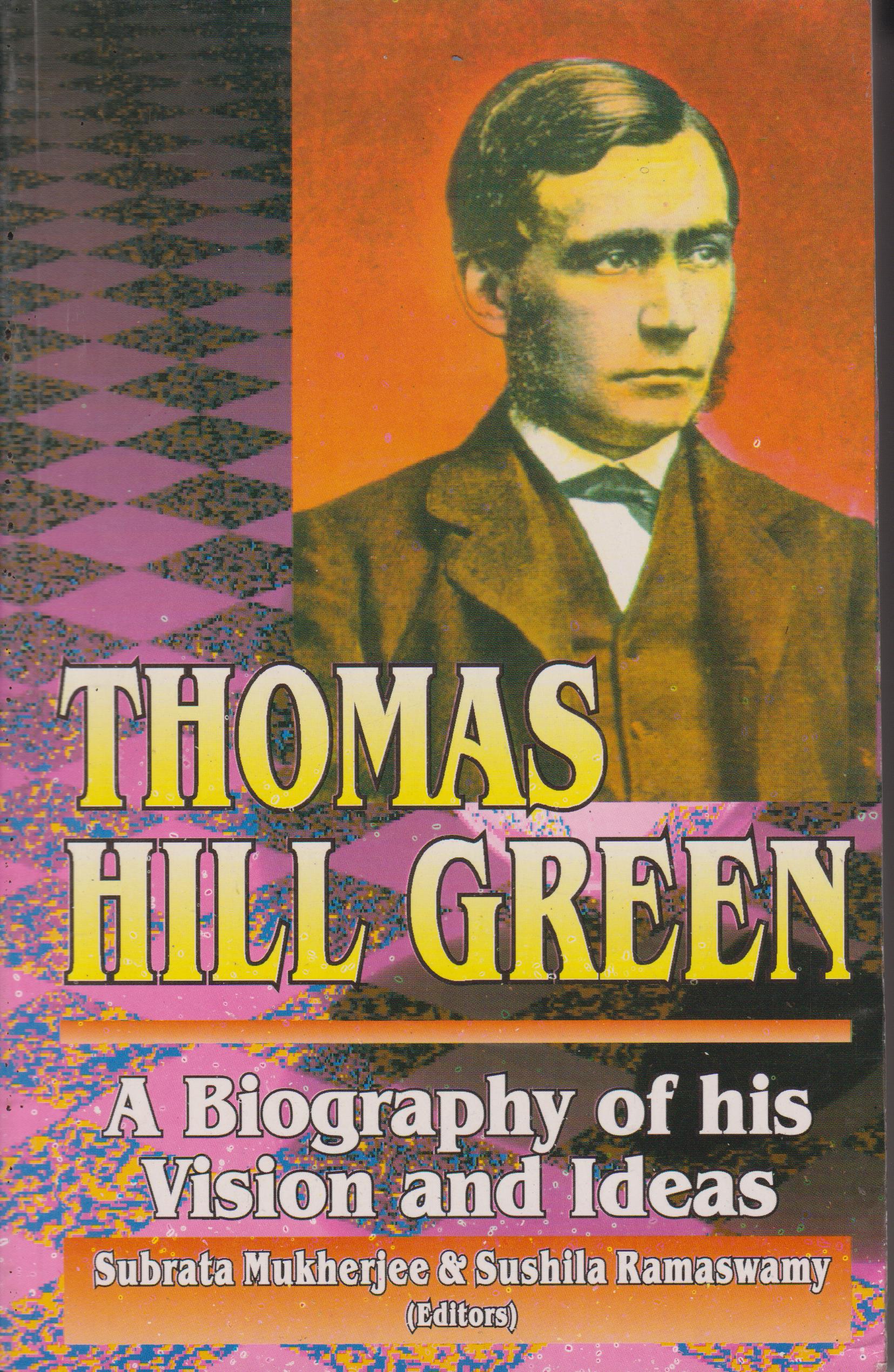
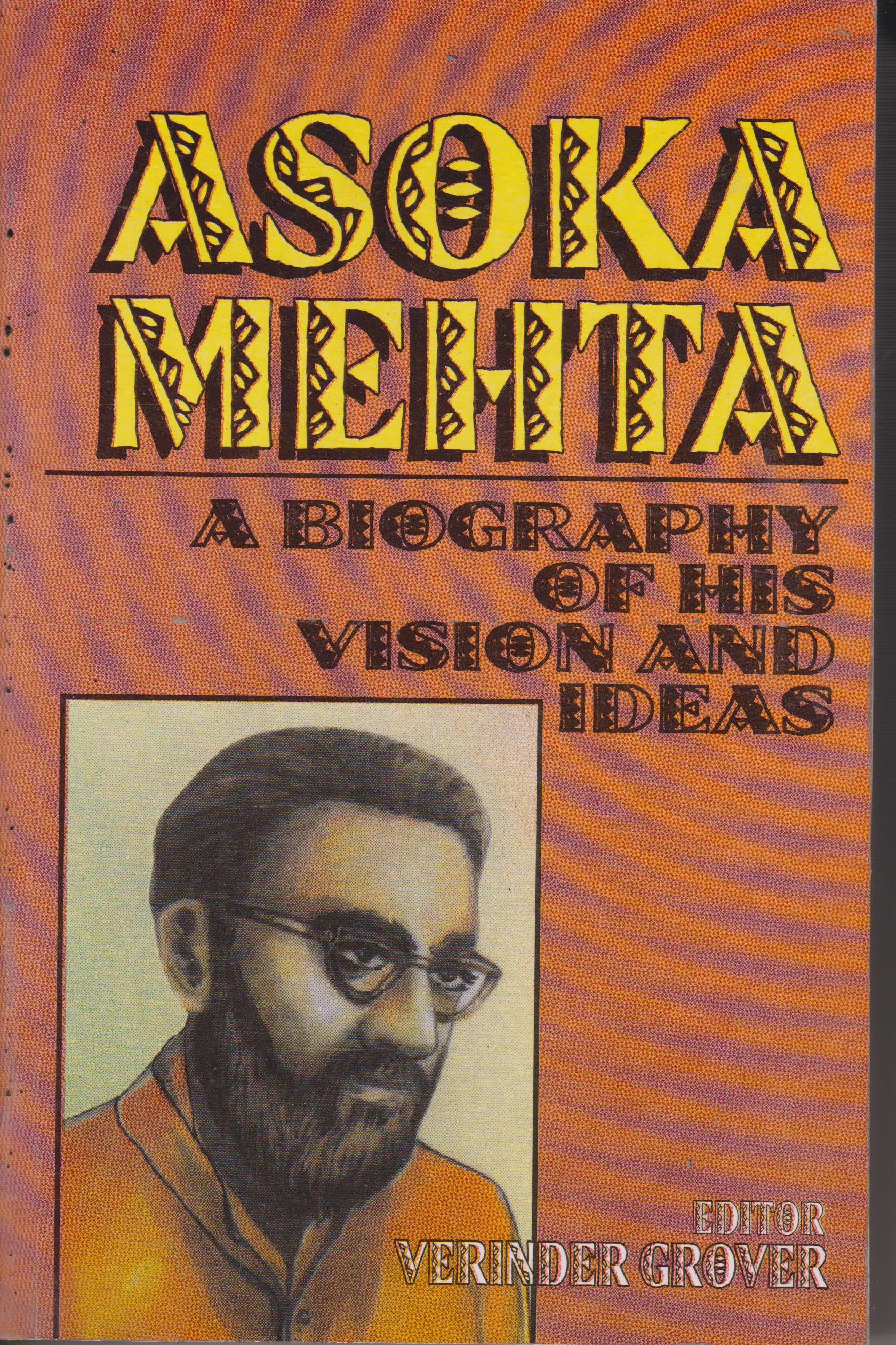
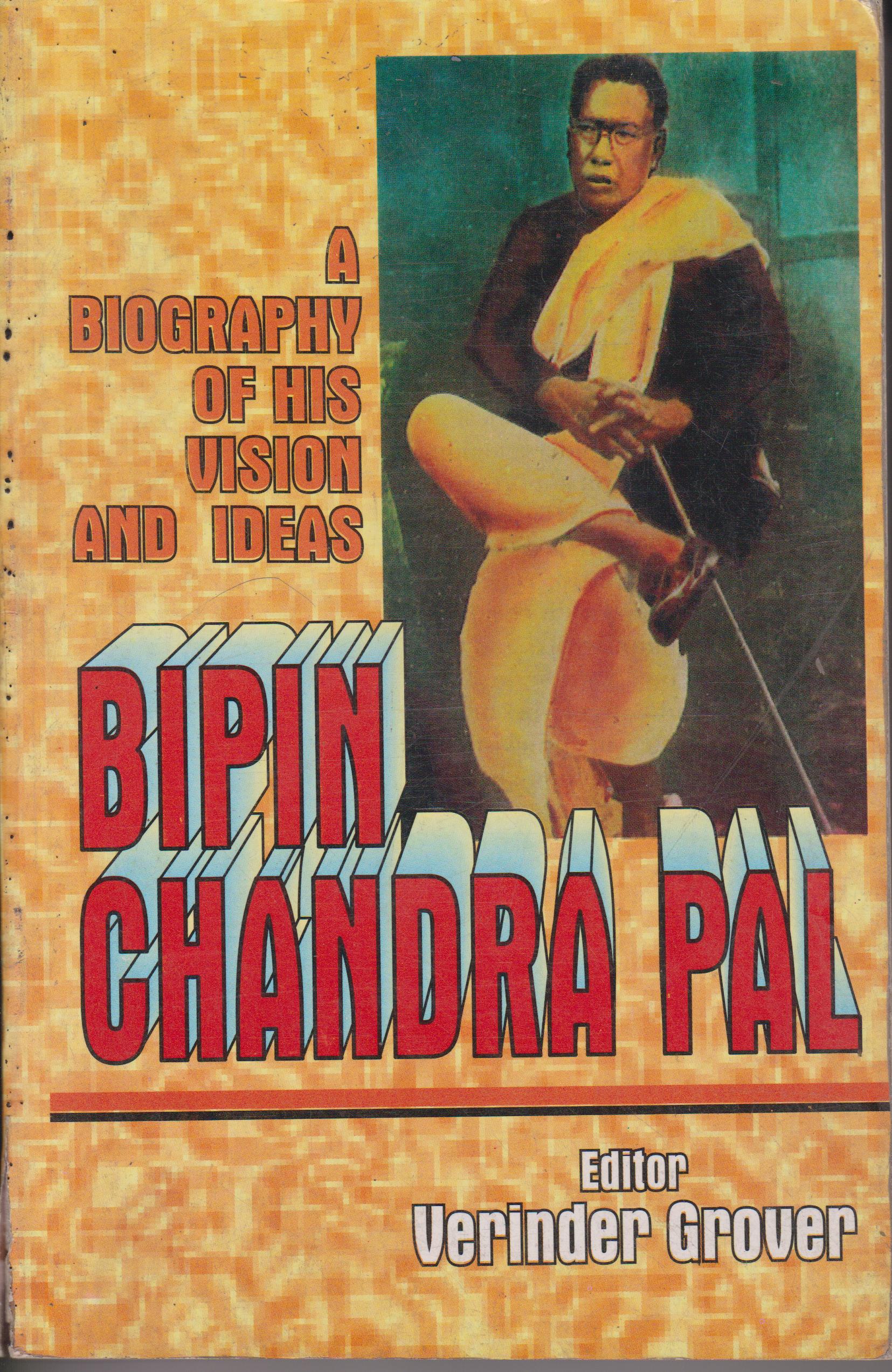

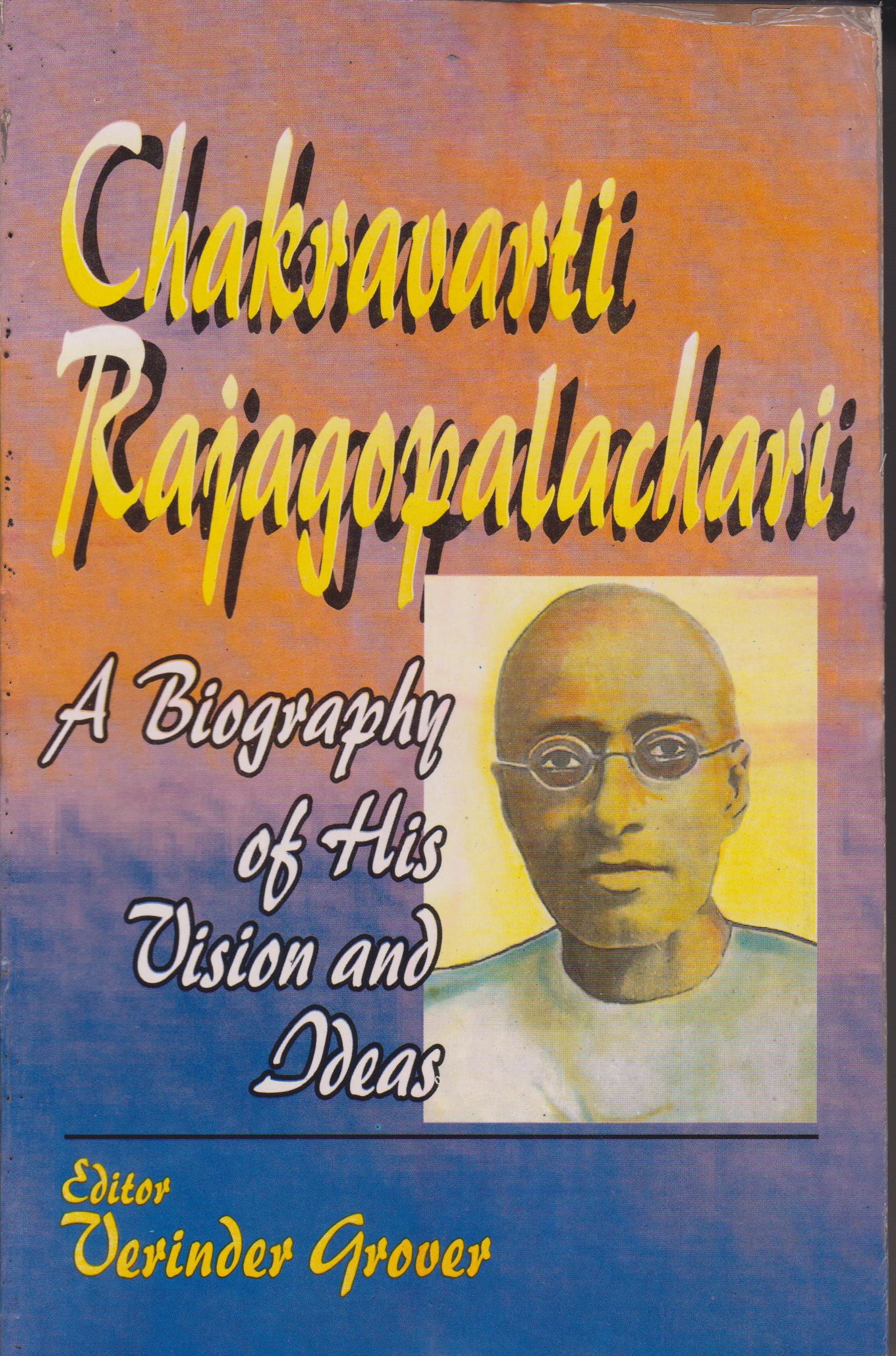
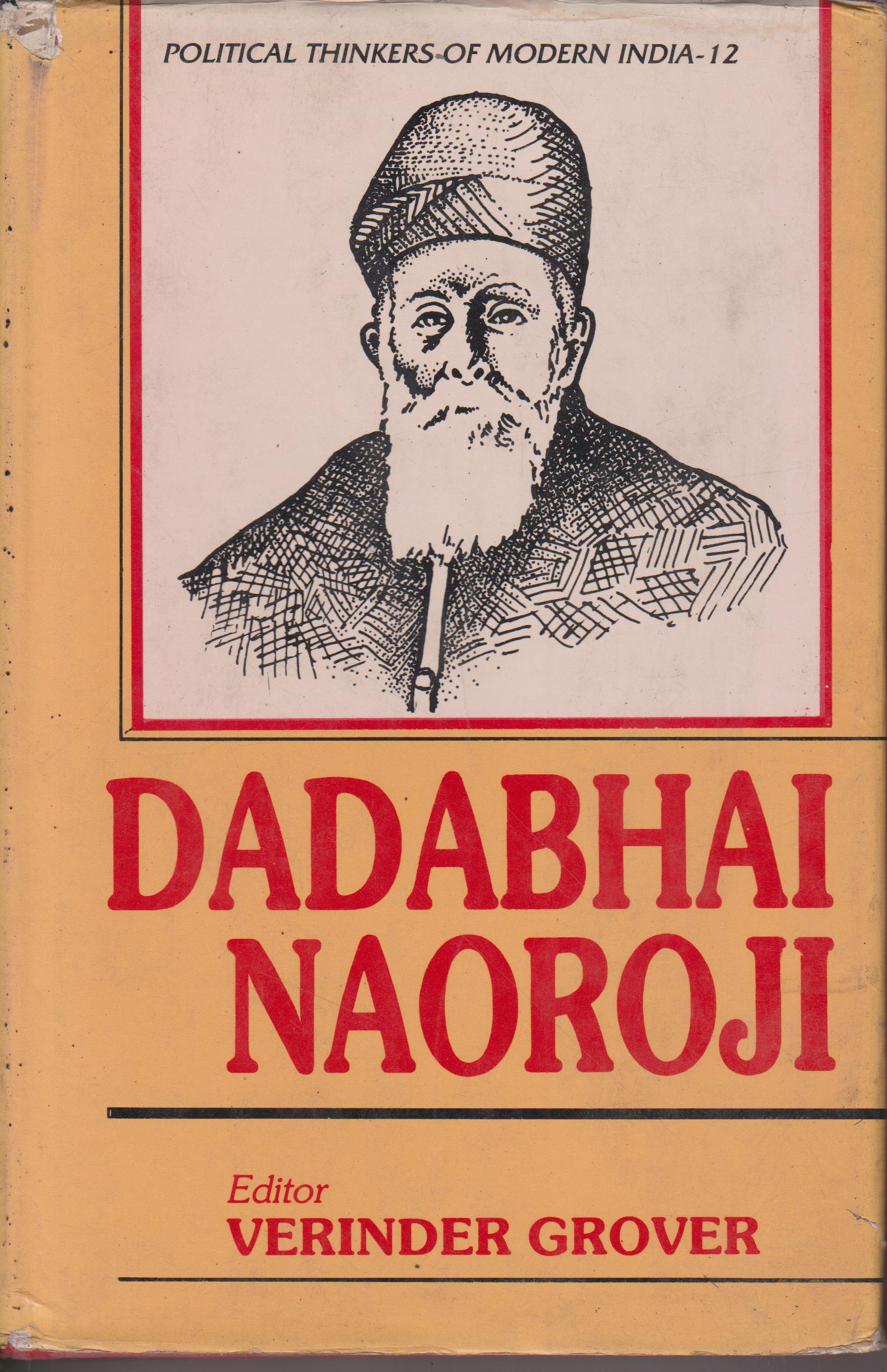
Reviews
There are no reviews yet.